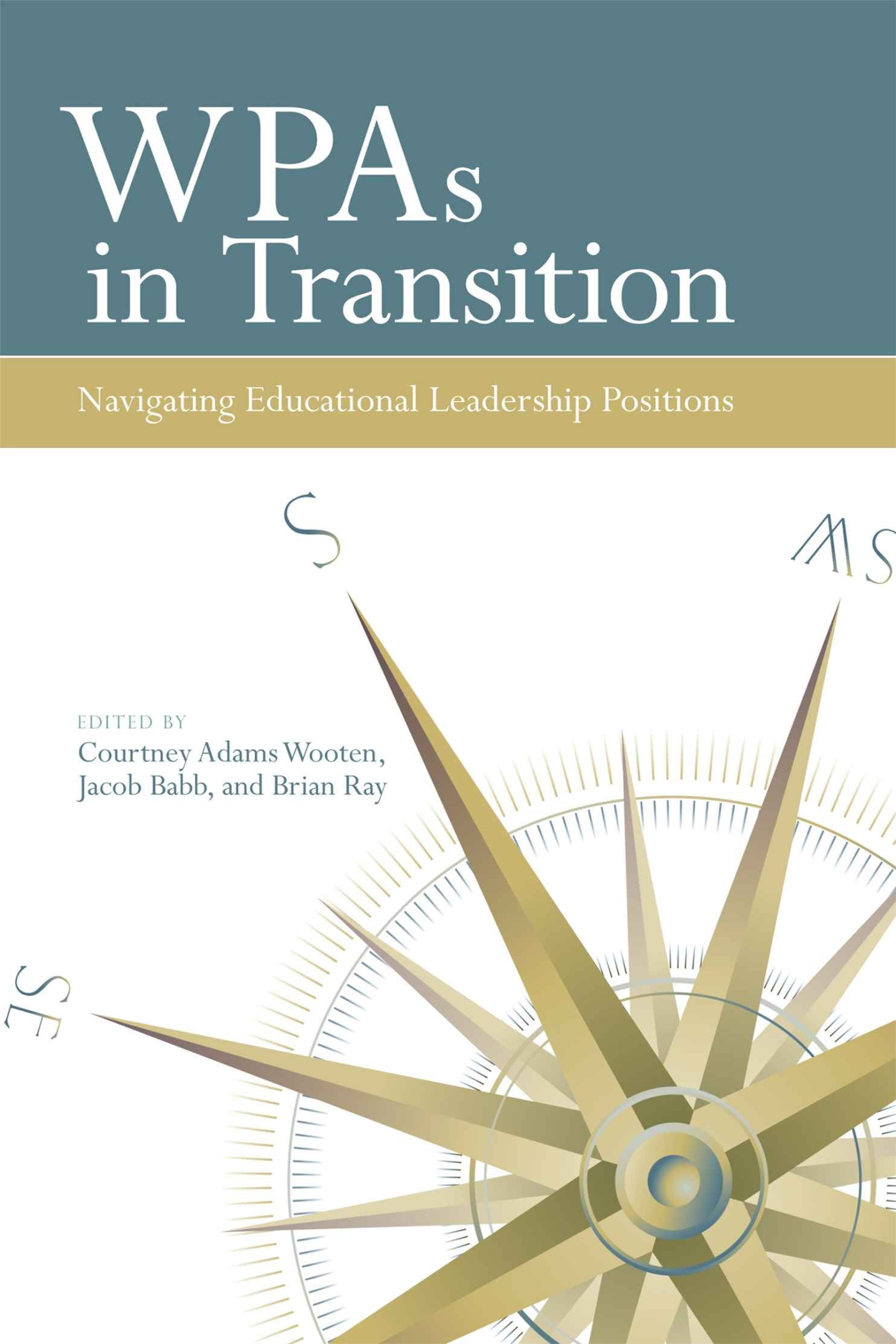Scholarship
Scholarship and Contributions to the Field accounts for 10% of my appointment and evaluation for promotion. Below is a list of events, presentations, and publications that represent my contributions to the field across four categories, including links to relevant artifacts if you would like to scroll through slides or scan handouts and scripts to get a better sense of my work.
Scholarly Career By the Numbers
- 6 publications
- 26 conference presentations (recently chaired 3 panels/workshops)
- 6 campus presentations
- Consistent participation in and contribution to national, regional, and campus conferences for 17 years, attending a total of 32
Participation in events that facilitate and further scholarly or creative engagement such as conferences, institutes, seminars, reading series, etc.
During this review period, I attended seven conferences—the five where I presented (see below) as well as Colorado Language Arts Society (2016) and CCCC in Indianapolis (2014). I have also participated in DU workshops and symposia. For example. I chaired and presented on the panel “Tracks and Transfers, Statistics and Strategies” with April Chapman-Ludwig, Rob Gilmor, and Zoe Tobier at the Symposium on Futures of College Writing (2015) and I moderated a panel for Writing the Range (2016).
When DU hosted the CCCC Regional Summer Conference in 2018, I was on the committee that crafted the site proposal and CFP. I chaired the Workshop and RTF Committee, and then wrote the CFP, managed submissions, and organized the RTF. I chaired a workshop, “Making Research Personal,” where I created the slide show and described our program context and the panel’s philosophy before introducing April Chapman-Ludwig, LP Picard, and Zoe Tobier. I also assisted with registration, put together ‘floater bags,’ and served as a floater.
Juli Parish and I co-organized the Douglass Day Transcribe-a-Thon (2018), for which I created instruction sets, quotation slides, and fliers describing archival research in the Writing Program. I shared these materials with Liz Kleinfeld for Metropolitan State’s event.
I’ve participated in a Monthly Writing Group with Liz Kleinfeld from the Metropolitan State University, Rodney Herring and Michelle Comstock from University of Colorado Denver since 2013 (and John Tinnel, also from UCD, from 2015-2017). Collectively, we have offered feedback on and published 14 peer-reviewed articles and book chapters, three books, a dozen conference presentations, and our promotion materials.
Presentation at conferences, institutes, seminars, etc.
During the review period, I presented at five conferences. In addition to the CCCC workshop discussed above and a Comic Con panel, discussed below, I presented:
“Beyond Writing Anxiety: Supporting Student Well-being in Research Writing Classes.” Chair and presenter, with Kanika Agrawal, LP Picard, and Zoe Tobier. Association for Expanded Perspectives on Learning. Estes Park, CO. June 24, 2017.
“Capitalism on Max Rager: iZombie Serves its Critique of Capitalism with a Dash of Hot Sauce.” Popular Culture Association/American Culture Association National Conference (PCA/ACA). San Diego, CA. April 13, 2017.
This research grew out of my FSEM content. I like to do the kind of work I ask of students, so it was nice to do text-based, interpretive research, which I teach in FSEM and WRIT xx33. I am also preparing to submit an article based on this work to the Journal of Popular Culture.
“Perceptions and Performance in Off-Track Writing Classes.” Presenter and table moderator. CCCC Qualitative Research Network. Houston, TX. April 6, 2016. Juli Parish has used my one-page handout as an example for students preparing for research forum presentations.
Publication and/or presentation to academic or general publics that advance the program, the discipline, or the university
“Shambling to Class: Zombies and the Liberal Arts.” Chair and presenter with undergraduates Olivia Cornejo and Meg Henry. Denver Comic Con, Pop Culture Classroom. Denver, CO. June 31, 2017.
This panel was an excellent opportunity to foreground student writing and share DU’s unique FSEM program with a public audience that included local high school teachers.
“Portfolios and Reflective Learning” Co-presented with Richard Colby for an interdisciplinary audience during OTL’s Teaching and Learning Week. March 31, 2015.
Mental Health Day Panel. April 17, 2014. Discussed mental health issues in academia and how students can use writing to support mental health.
Scholarly, peer-reviewed publication in rhetoric/writing/composition studies
Campbell, Jennifer Riley, and Richard Colby. “Servers, Cooks, and the Inadequacy of Metaphor.” WPAs in Transition. Ed. Courtney Adams Wooten, Jacob Babb, and Brian Ray. Utah State UP, 2018.
Richard Colby and I co-authored this essay about the creation of our Assistant Director for First Year Writing position, how I negotiated being the first AD, how we managed the transition, and how Richard has begun to understand the position. We discovered our ‘servers and cooks’ metaphor as we discussed our approaches to the role and parallels to our previous work in the restaurant industry. This article represents my service to the program and university as AD, the strengths of the DU Writing Program, and a commitment to collaborative research and authorship.
Campbell, Jennifer. “Talking about Happiness: Supporting Mental Health through Interview Research." Composition Forum 34 (Summer 2016).
Abstract: In addition to teaching research and writing skills, First-Year Composition classes are well situated to help students develop strategies for managing stress and increasing well-being. I describe an assignment sequence in which students interview others from three generations about topics related to happiness and well-being, analyze shared transcripts, and present their findings in two genres. Beyond providing instruction in research methods, academic writing, and multimodal composing for non-academic audiences, this sequence supports the five elements of authentic well-being outlined by positive psychologist Martin Seligman: positive emotion, engagement, relationships, meaning and purpose, and accomplishment. These assignments and related course content foster emotional literacy by prompting students to approach happiness and well-being as academic subjects and to develop practical strategies for implementing what they’ve learned.
This article represents how my research grows from and informs my teaching as well as my commitment to students’ mental health as well as their development as research writers. I developed ideas related to this work for conference presentations, as well.



